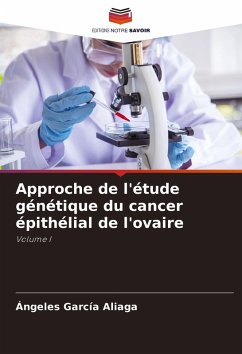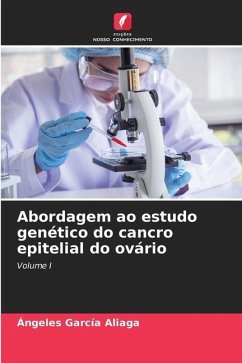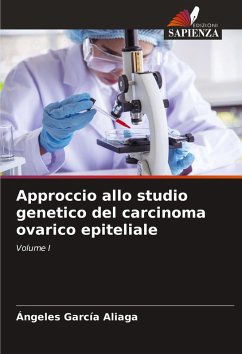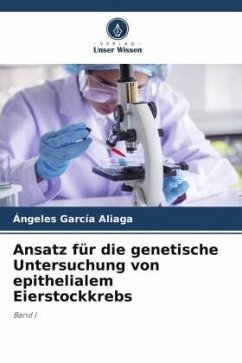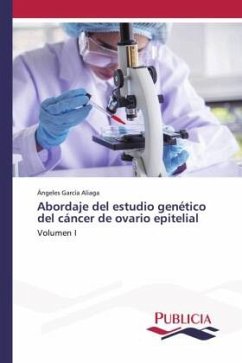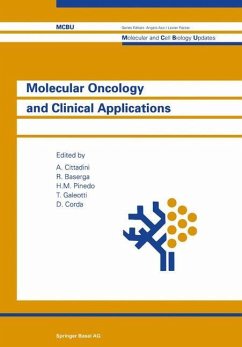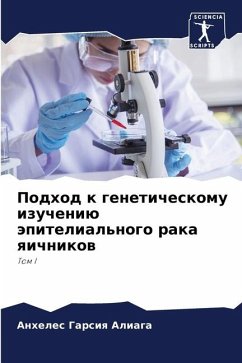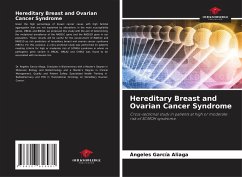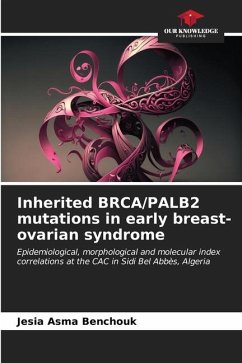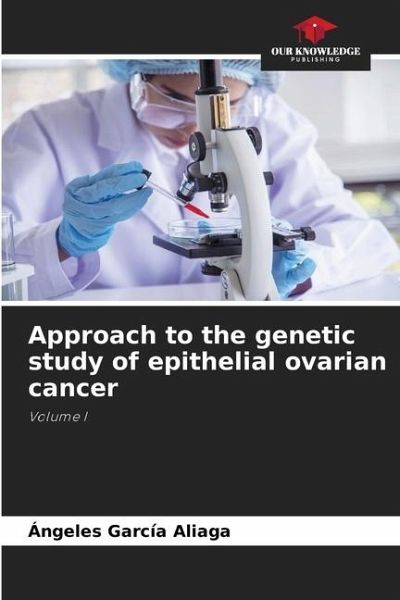
Approach to the genetic study of epithelial ovarian cancer
Volume I
Versandkostenfrei!
Versandfertig in 6-10 Tagen
30,99 €
inkl. MwSt.

PAYBACK Punkte
15 °P sammeln!
Ovarian cancer is the gynecological cancer with the highest mortality, with high-grade serous ovarian cancer accounting for 75% of this pathology, characterized by having an aggressive course and being diagnosed in advanced stages. One of the inclusion criteria according to the Spanish Society of Medical Oncology for high-risk hereditary breast and ovarian cancer syndrome (HOCCOS) is the diagnosis of non-mucinous high-grade epithelial ovarian cancer. SCMOH has an autosomal dominant inheritance pattern in cancer susceptibility genes. Historically, the risk of SCMOH has been mainly linked to ger...
Ovarian cancer is the gynecological cancer with the highest mortality, with high-grade serous ovarian cancer accounting for 75% of this pathology, characterized by having an aggressive course and being diagnosed in advanced stages. One of the inclusion criteria according to the Spanish Society of Medical Oncology for high-risk hereditary breast and ovarian cancer syndrome (HOCCOS) is the diagnosis of non-mucinous high-grade epithelial ovarian cancer. SCMOH has an autosomal dominant inheritance pattern in cancer susceptibility genes. Historically, the risk of SCMOH has been mainly linked to germline mutations in BRCA1/2. However, it is now also associated with tumor suppressor genes involved in DNA repair. High-grade ovarian cancer is evidenced by being genetically unstable and approximately 50% of these tumors are deficient in DNA repair mechanisms by homologous recombination.



